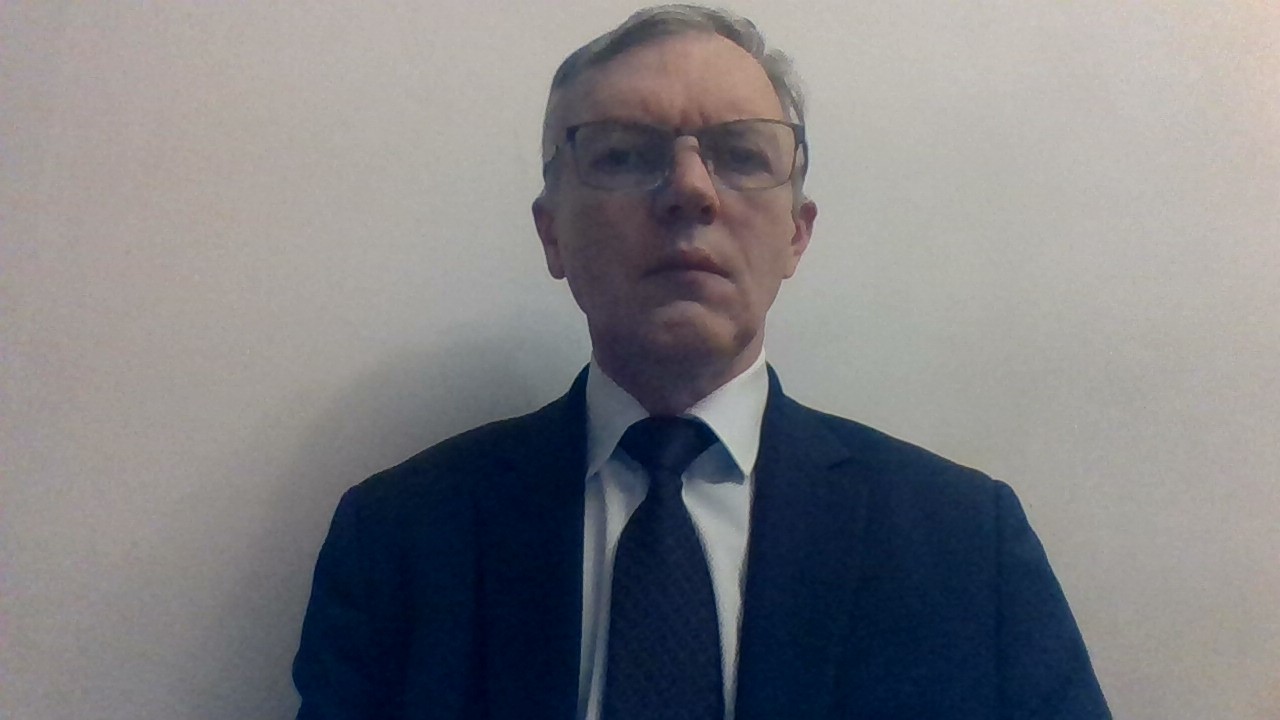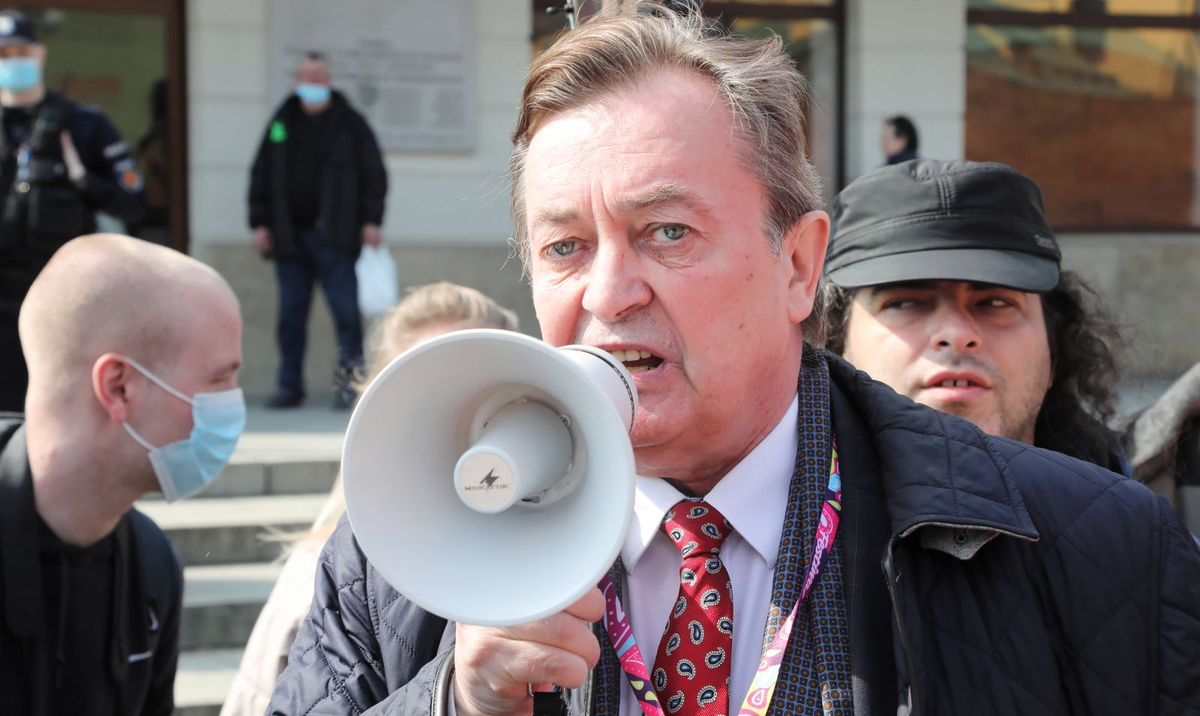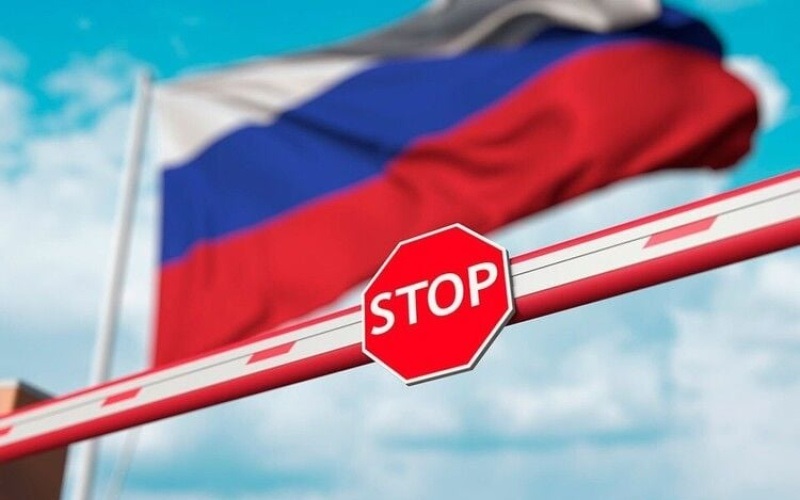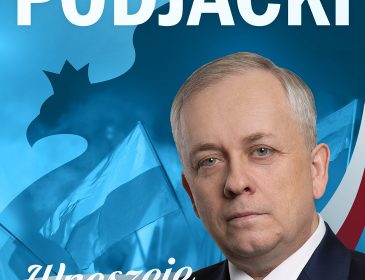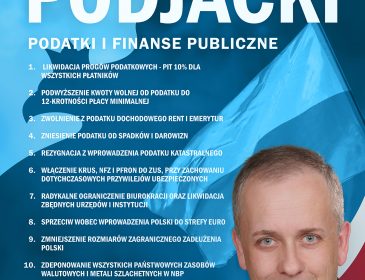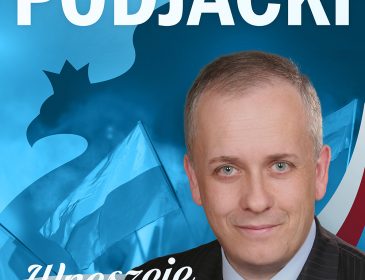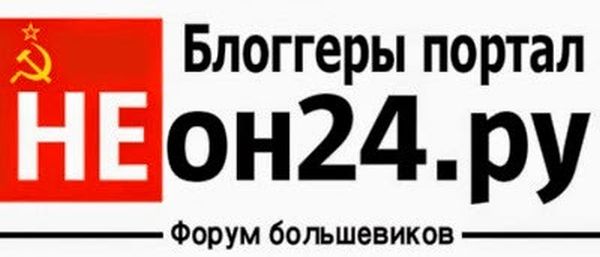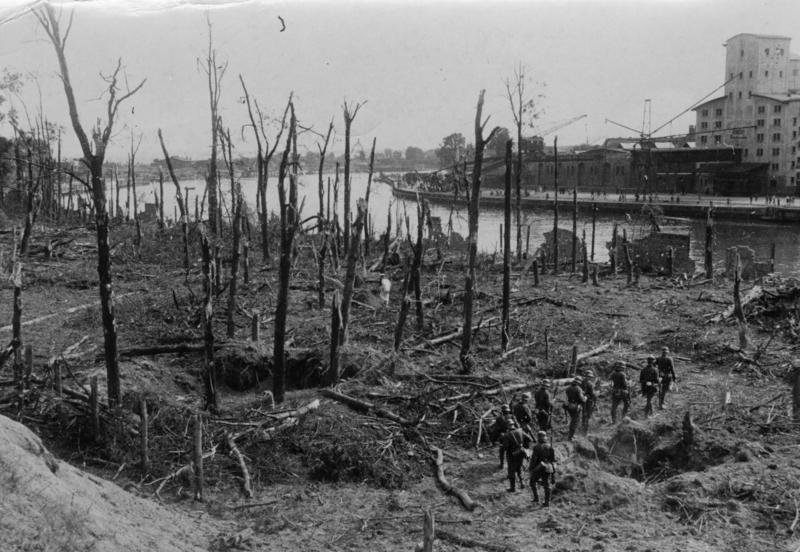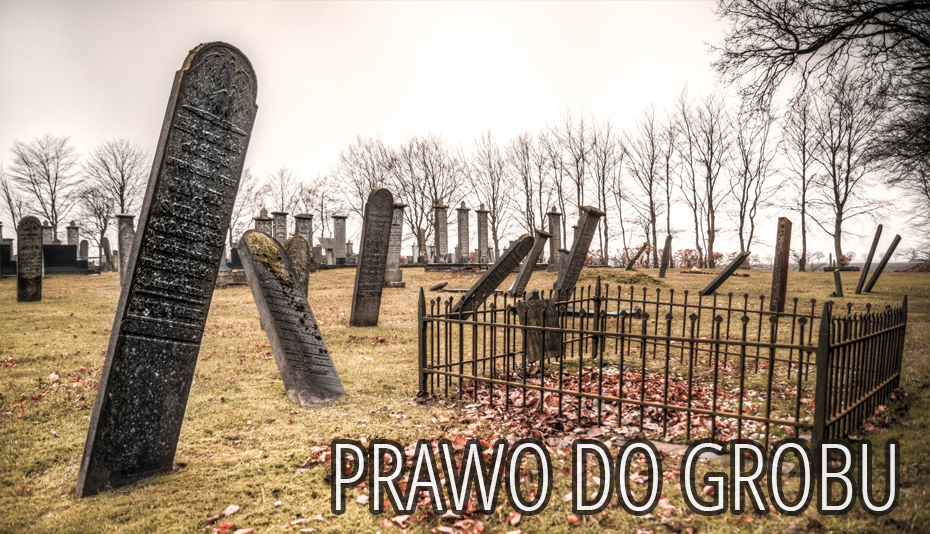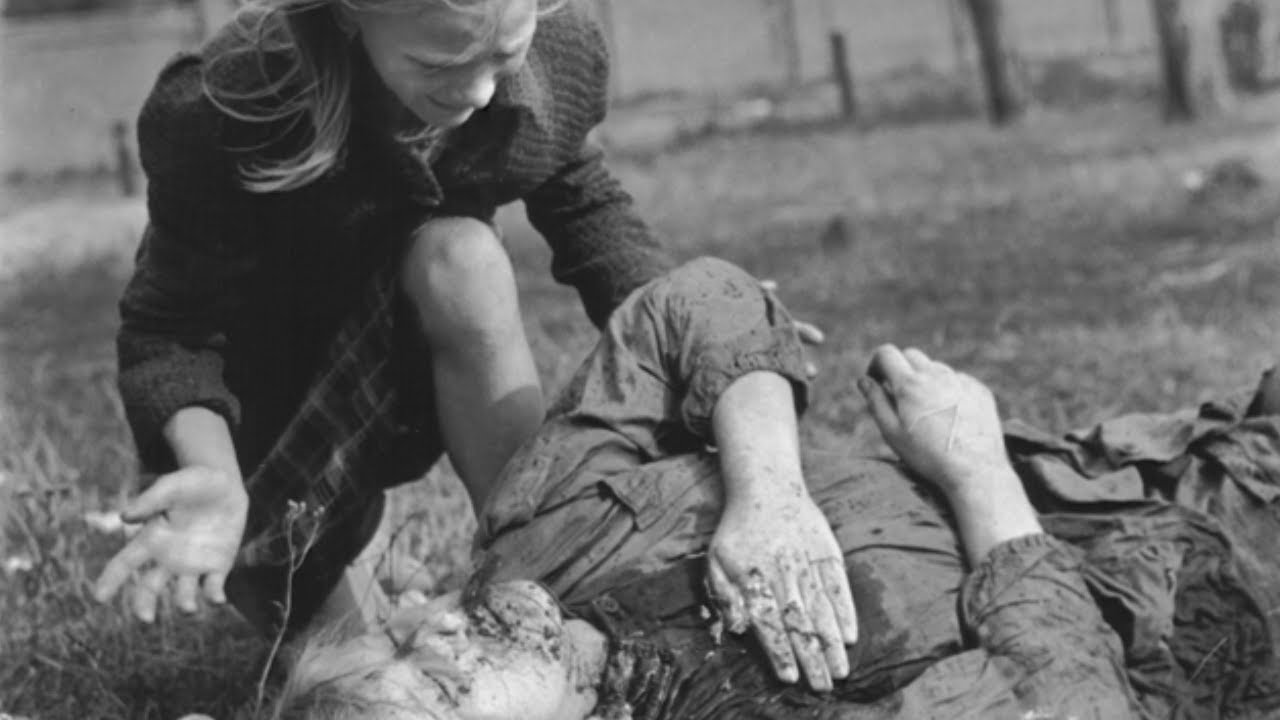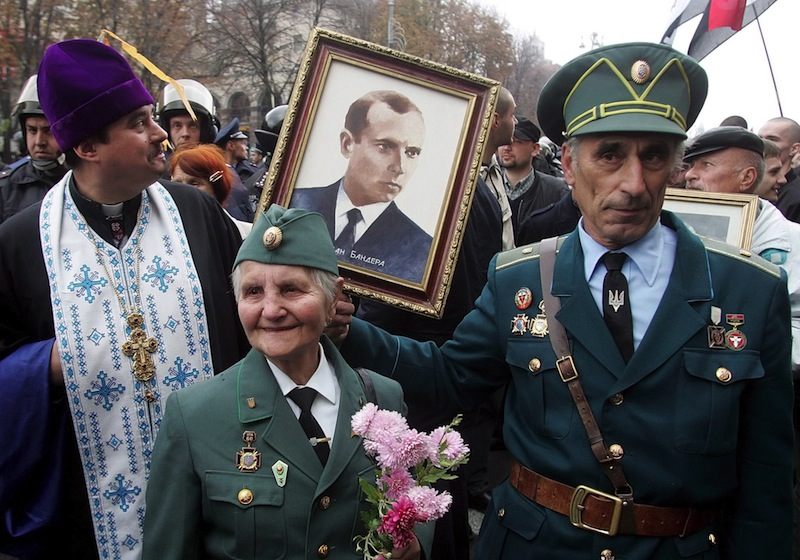-
Bohaterstwo, które podziwiał świat. „W..
POLSKA2 lata temu -
Neon24 – ruska V kolumna
POLSKA3 lata temu -
Nowe osoby w Zarządzie Amiblu
BIZNES3 lata temu -
Mechanizm warunkowości – krok ku Homo Eu..
POLSKA3 lata temu -
Wściekłe i wulgarne „Lemparcice” ..
POLSKA4 lata temu -
Rolnicze poparcie dla prezesa Elewarru – ..
NEWS4 lata temu
Joint Statement: The Honorable Marcy Kaptur and the Embassy of the Republic of Poland in the U.S.
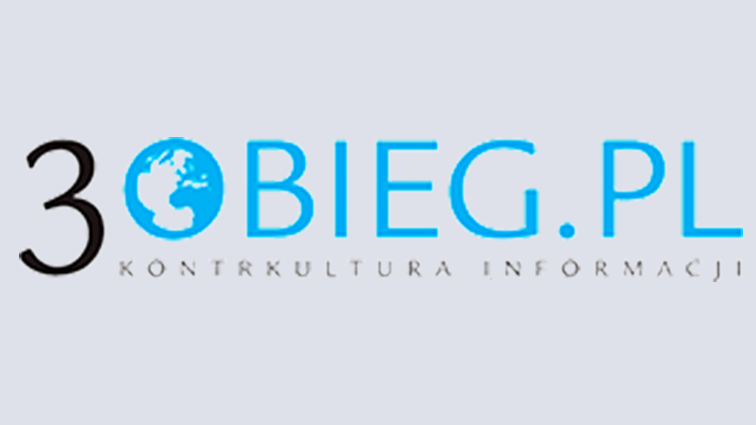
The Katyń Forest, where the Soviet Secret Police brutally murdered more than 4,000 Polish prisoners-of-war in 1940, is one of multiple sites containing the graves of over 22,000 Polish high-ranking officers, policemen, civil servants…
Picture: Katyn Memorial Sculpture at St. Adalbert Cemetery in Nile, Illinoi.
Joint Statement:
The Honorable Marcy Kaptur and the Embassy of the Republic of Poland in the U.S.
The Honorable Marcy Kaptur and the Embassy of the Republic of Poland in Washington, D.C. welcome the release of a recently declassified batch of source documents concerning the 1940 Katyń Massacre by the U.S. National Archives. The one thousand pages now available will greatly contribute to our knowledge about the crime committed in 1940 by the Soviet regime against the Polish Nation.
The Katyń Forest, where the Soviet Secret Police brutally murdered more than 4,000 Polish prisoners-of-war in 1940, is one of multiple sites containing the graves of over 22,000 Polish high-ranking officers, policemen, civil servants and representatives of professions who formed the backbone of the civil society. The perpetrators of the massacre did their best to cover their tracks. When this failed, they attempted to shun responsibility for the crime. They also lied to the world about who was to blame. We appreciate the fact that Russian leaders ultimately acknowledged the truth about the perpetrators. However, we encourage the Russian Federation, Belarus and other states to fully declassify all documents about the crime and make them available to the public.
We are grateful to the Polish-American community and its U.S. friends for their constant engagement and perseverance which helped keep this issue alive.
In 1951–52, the U.S. Congress Select Committee on the Katyń Forest Massacre named the perpetrators and helped to educate the world about what had happed in 1940 to so many of Poland’s best and brightest.
The most recent example of Poland’s cooperation with the U.S. Congress was the "Katyń Forest: Massacre, Politics, Morality" conference, hosted by the U.S. Library of Congress in 2010. Along the way, numerous actions by institutions and individuals, including Polish-Americans, have led us to today’s milestone in the search for truth.
It is our sincere hope that this new batch of materials, which will be made available online, will prove invaluable to academics, scholars, journalists, experts and the general public. We are also confident that it will pave the way for the full and complete declassification and disclosure of all documents relating to the Massacre.
The Polish Government and the U.S. Congress remain steadfast in their partnership and commitment to revealing all aspects related to the Katyń Massacre.
|
|
Public Opening of Newly Declassified Katyń Materials
Conducted with
The National Archives and Records Administration of the United States
September 10, 2012
3:00 PM – 6:00 PM
The United States Capitol Building
Congressional Meeting Room North
The program includes a presentation led by the Archivist of the United States, David S. Ferriero, along with the National Declassification Center. Members of Congress, the Polish Chargé d’affaires, Katyń families, members of the Polish-American community, and researchers have been asked to participate.
In the fall of 2011, the Archivist of the United States committed the National Archives and Records Administration to proactively search for and coordinate the declassification of all materials related to the World War II-era Katyń Massacre. This search and declassification effort was requested by Members of the United States Congress. The U.S. Congress reconvenes on September 10th and the National Archives and Records Administration will be presenting its findings at the U.S. Capitol and making all newly declassified materials available on-line.
Joint Statement
by
Congresswoman Kaptur and the Embassy of the Republic of Poland in Washington, DC
The Honorable Marcy Kaptur and the Embassy of the Republic of Poland in Washington, D.C. welcome the release of a recently declassified batch of source documents concerning the 1940 Katyń Massacre by the U.S. National Archives. The one thousand pages now available will greatly contribute to our knowledge about the crime committed in 1940 by the Soviet regime against the Polish Nation.
The Katyń Forest, where the Soviet Secret Police brutally murdered more than 4,000 Polish prisoners-of-war in 1940, is one of multiple sites containing the graves of over 22,000 Polish high-ranking officers, policemen, civil servants and representatives of professions who formed the backbone of the civil society. The perpetrators of the massacre did their best to cover their tracks. When this failed, they attempted to shun responsibility for the crime. They also lied to the world about who was to blame. We appreciate the fact that Russian leaders ultimately acknowledged the truth about the perpetrators.
However, we encourage the Russian Federation, Belarus and other states to fully declassify all documents about the crime and make them available to the public.
We are grateful to the Polish-American community and its U.S. friends for their constant engagement and perseverance which helped keep this issue alive.
In 1951-52, the U.S. Congress Select Committee on the Katyń Forest Massacre named the perpetrators and helped to educate the world about what had happed in 1940 to so many of Poland’s best and brightest.
The most recent example of Poland’s cooperation with the U.S. Congress was the “Katyń Forest: Massacre, Politics, Morality” conference, hosted by the U.S. Library of Congress in 2010. Along the way, numerous actions by institutions and individuals, including Polish-Americans, have led us to today’s milestone in the search for truth.
It is our sincere hope that this new batch of materials, which will be made available online, will prove invaluable to academics, scholars, journalists, experts and the general public. We are also confident that it will pave the way for the full and complete declassification and disclosure of all documents relating to the Massacre.
The Polish Government and the U.S. Congress remain steadfast in their partnership and commitment to revealing all aspects related to the Katyń Massacre.
Picture: Katyn Memorial Sculpture at St. Adalbert Cemetery in Nile, Illinoi.
Wojciech Seweryn, 70, an artist and influential member of Chicago’s Polish community, was among those killed en route to Katyn in the plane crash on April 10. Seweryn designed and constructed the Katyn Memorial Sculpture at St. Adalbert Cemetery in Nile, Illinois, which was inaugurated in 2009. Seweryn’s father was a Polish POW who was killed at Katyn.
Niezależny wędrownik po necie, czasem komentujący... -- Ekstraktem komunizmu i jego naturą, tak samo jak naturą kaądego komunisty i lewaka są: nienawiść, mord, rabunek, okrucieństwo i donos... Serendipity — the faculty or phenomenon of finding valuable or agreeable things not sought for...



